Nicotinamide Adenine Dinucleotide (NAD+) is a coenzyme found in all living cells and plays a crucial role in energy metabolism, DNA repair, and cellular functions. As we age, NAD+ levels naturally decline, which can lead to various age-related health issues. NAD+ supplements have been developed to help replenish these levels and potentially mitigate the effects of aging. This article will explore what NAD+ supplements are, their potential benefits, risks, and commonly asked questions surrounding their use.
What Does NAD+ Do for the Body?
NAD+ is vital for several biological processes, including:
- Energy Production: NAD+ is essential for converting food into energy through the process of cellular respiration. It plays a central role in the electron transport chain, helping mitochondria produce ATP, the cell's primary energy currency.
- DNA Repair: NAD+ helps activate sirtuins and PARPs, proteins that are crucial for repairing damaged DNA and maintaining genomic stability.
- Cellular Health: NAD+ is involved in regulating circadian rhythms and gene expression, contributing to overall cellular function and longevity.
- Brain Function: NAD+ supports cognitive health by promoting neuronal function and reducing oxidative stress, which is associated with neurodegenerative diseases like Alzheimer’s.
Do NAD+ Supplements Really Work?
Studies show that NAD+ supplements, such as Nicotinamide Riboside (NR) and Nicotinamide Mononucleotide (NMN), effectively boost NAD+ levels in humans. Research suggests that increased NAD+ levels can improve mitochondrial function, support metabolic health, and slow down aspects of the aging process. Clinical trials in humans have demonstrated improvements in insulin sensitivity, muscle function, and brain health. However, long-term effects of NAD+ supplementation are still being studied.
Are There Any Dangers in Taking NAD+ Supplements?
While NAD+ supplements are generally considered safe and well-tolerated in most people, there are potential risks:
- Mild Side Effects: Some users report mild digestive issues, nausea, or headaches, especially when first starting supplementation.
- Long-Term Unknowns: Since NAD+ supplementation is a relatively new field, long-term effects are not fully understood. More research is needed to determine the safety of prolonged, high-dose use.
- Interactions with Medications: If you are taking medication for chronic conditions, it's essential to consult with your healthcare provider before starting NAD+ supplements.
Is NAD+ the Same as Vitamin B3?
NAD+ is not the same as vitamin B3, but it is closely related. NAD+ is synthesized in the body from precursors like niacin (vitamin B3), nicotinamide, and tryptophan. These compounds are used to produce NAD+ through various biochemical pathways. Vitamin B3 (in the form of niacin or nicotinamide) is often referred to as an NAD+ precursor because it is essential for the body's production of NAD+.
What Is the Downside of NAD+?
While NAD+ offers many potential health benefits, there are some downsides or limitations:
- Cost: NAD+ supplements, particularly NMN and NR, can be expensive due to the complexities of their production.
- Availability: Not all NAD+ supplements are of the same quality. Low-quality supplements may contain fillers or lower amounts of active ingredients.
- Unclear Long-Term Effects: Although current research shows positive short-term benefits, long-term safety is still unknown, particularly when taken at high doses.
Is NAD+ Good for Menopause?
Emerging research suggests that NAD+ may help alleviate some symptoms of menopause, particularly in areas related to energy metabolism, brain function, and cellular repair. As NAD+ levels decline with age, this decline may exacerbate symptoms like fatigue, cognitive issues, and metabolic imbalances that often accompany menopause. However, more specific research on NAD+ and its effects on menopause is needed.
How Do I Know If My NAD+ Levels Are Low?
You might suspect that your NAD+ levels are low if you're experiencing:
- Fatigue: Persistent tiredness and low energy levels may indicate low NAD+.
- Cognitive Decline: Memory problems or decreased mental clarity can also be linked to diminished NAD+ levels.
- Age-Related Symptoms: Loss of muscle mass, slow recovery after exercise, and decreased metabolic function are often associated with lower NAD+ levels in aging individuals. Testing NAD+ levels is currently not a routine practice, but some specialized labs offer NAD+ level assessments using blood or tissue samples.
Does NAD+ Reverse Aging?
NAD+ supplementation does not reverse aging, but it may slow down some aspects of the aging process. By increasing NAD+ levels, supplements help enhance cellular repair mechanisms, energy metabolism, and brain health. This can result in improved overall health and function, potentially reducing the visible and biological markers of aging. Research in animals shows that boosting NAD+ can extend lifespan, but more research is needed to confirm similar effects in humans.
Can I Take NAD+ Every Day?
Yes, NAD+ supplements can be taken daily, and in fact, many experts suggest that consistent, daily supplementation is key to maintaining elevated NAD+ levels. Most NAD+ supplements are designed for daily use, with common dosages ranging from 250 mg to 1,000 mg depending on the individual’s health goals.
How Can I Increase My NAD+ Naturally?
You can increase NAD+ levels naturally through lifestyle and dietary choices:
- Exercise: Regular physical activity, particularly aerobic exercise, has been shown to increase NAD+ levels by stimulating mitochondrial function.
- Intermittent Fasting or Caloric Restriction: Fasting and reduced calorie intake can help boost NAD+ levels by activating sirtuins, which depend on NAD+.
- Diet: Consuming foods rich in NAD+ precursors like niacin (found in fish, chicken, and whole grains) or NMN-rich foods like broccoli, avocado, and edamame can support NAD+ production.
- Sleep: Proper sleep supports circadian rhythms, which are regulated by NAD+.
How Do I Check My NAD+ Level?
NAD+ levels can be measured through specialized blood tests, although they are not commonly offered in routine clinical settings. Some research labs provide NAD+ testing, but it can be expensive. These tests typically involve measuring NAD+ and related metabolites in blood or tissue samples to assess overall cellular health.
At What Age Does NAD+ Start to Decline?
NAD+ levels start to decline in humans as early as age 30. By middle age, NAD+ levels can be significantly reduced, contributing to many age-related health issues. The steepest declines are often observed after age 50, correlating with increased fatigue, metabolic changes, and slower recovery.
What Depletes NAD+ Levels?
Several factors can accelerate the decline of NAD+ levels, including:
- Aging: As mentioned, NAD+ levels naturally decrease with age.
- Poor Diet: Diets low in vitamin B3 and tryptophan can lead to lower NAD+ production.
- Sedentary Lifestyle: Lack of exercise contributes to mitochondrial dysfunction, which depletes NAD+.
- Chronic Stress: Prolonged stress can impair NAD+ synthesis and increase its consumption.
- Alcohol and Smoking: Excessive alcohol consumption and smoking deplete NAD+ levels by increasing oxidative stress and cellular damage.



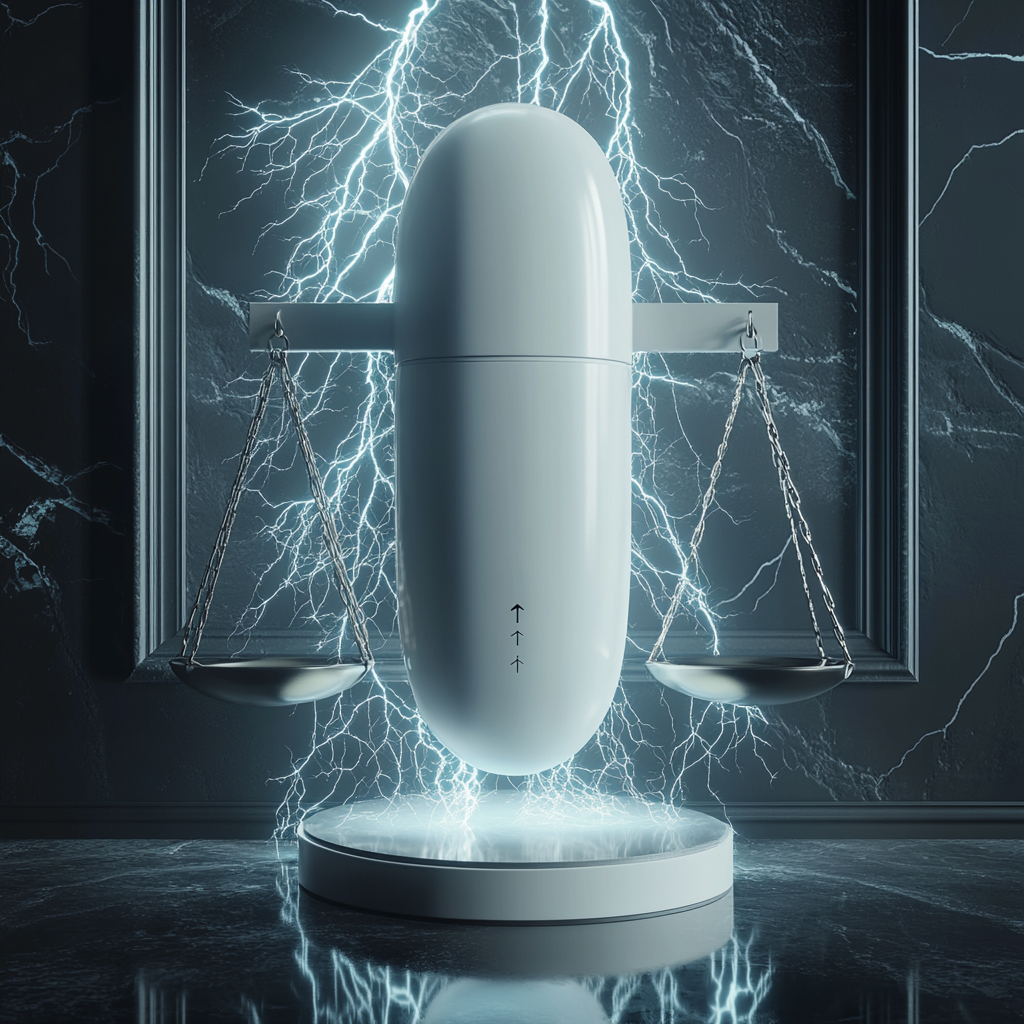
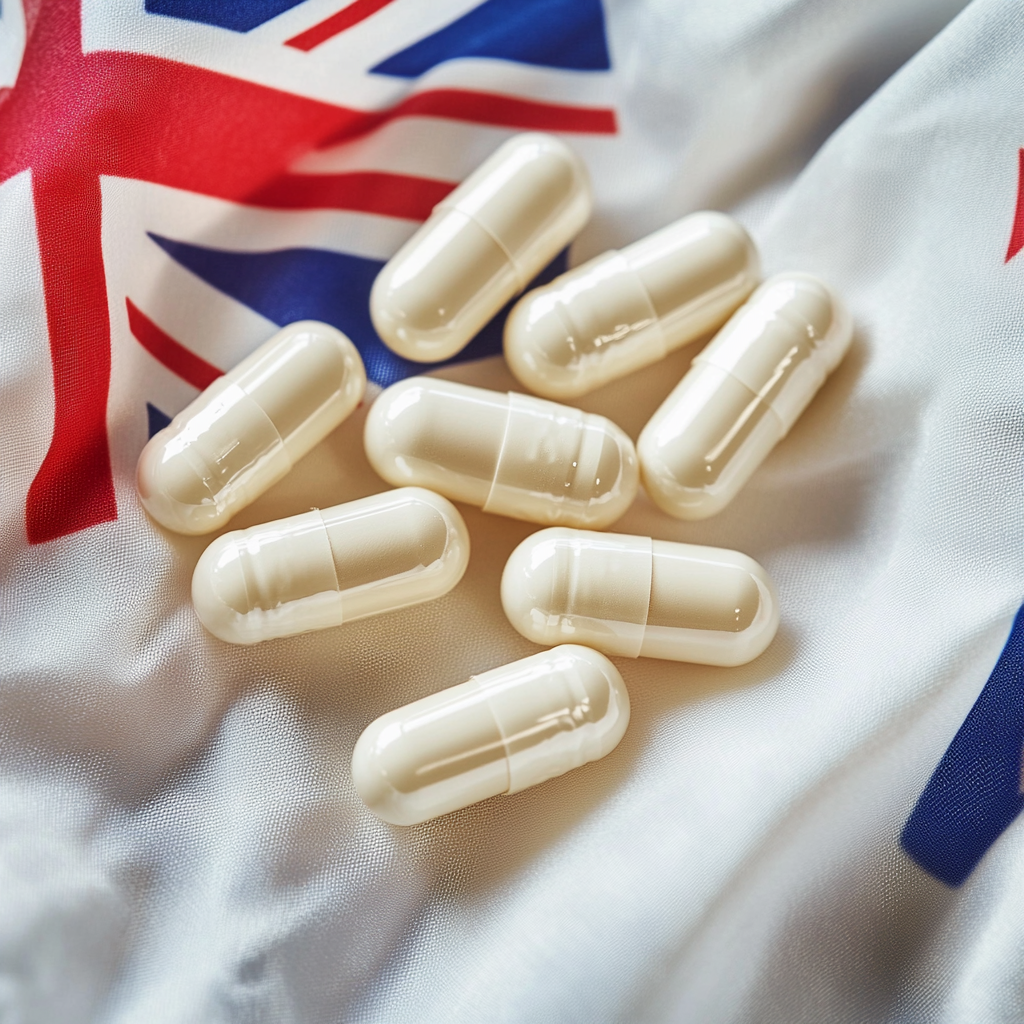
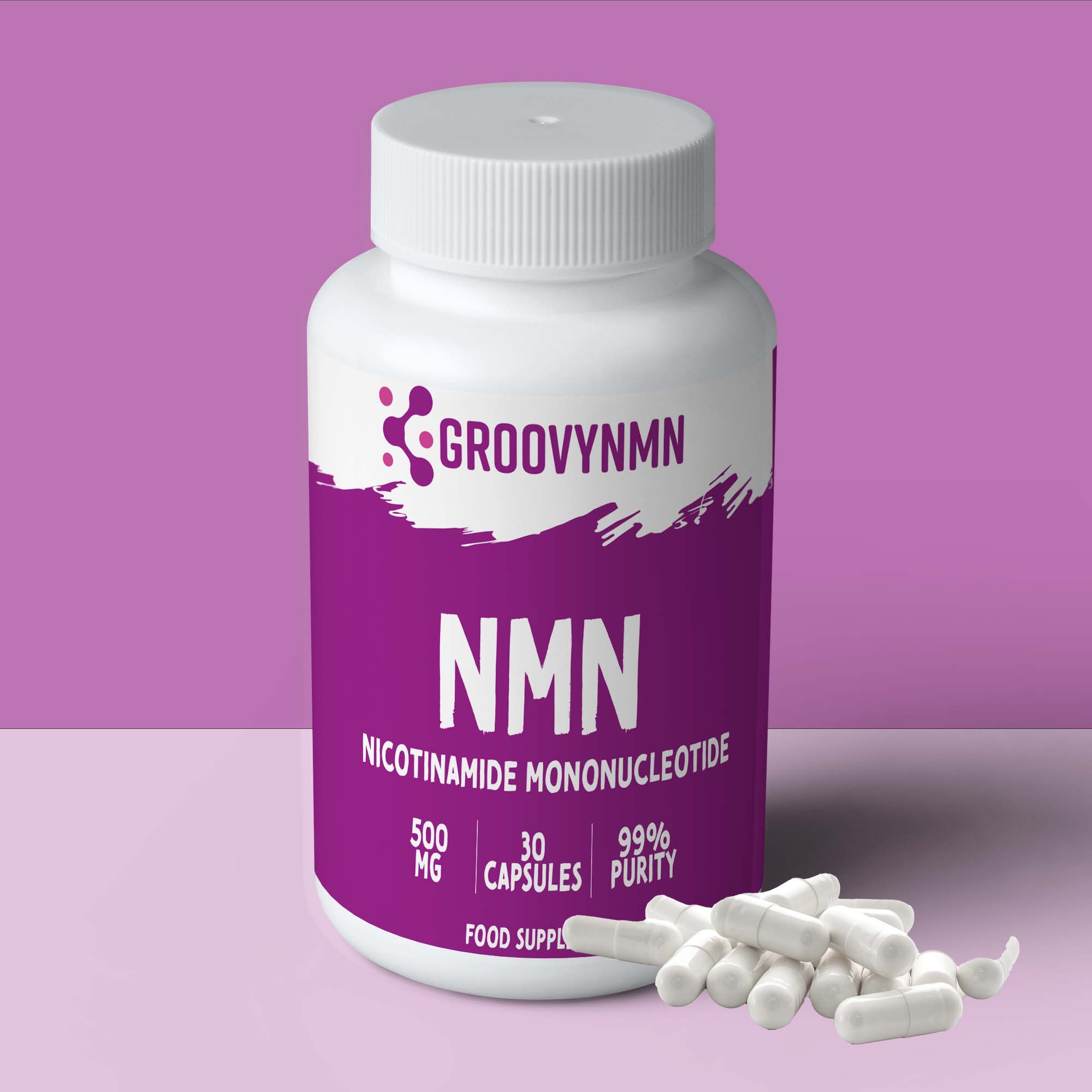
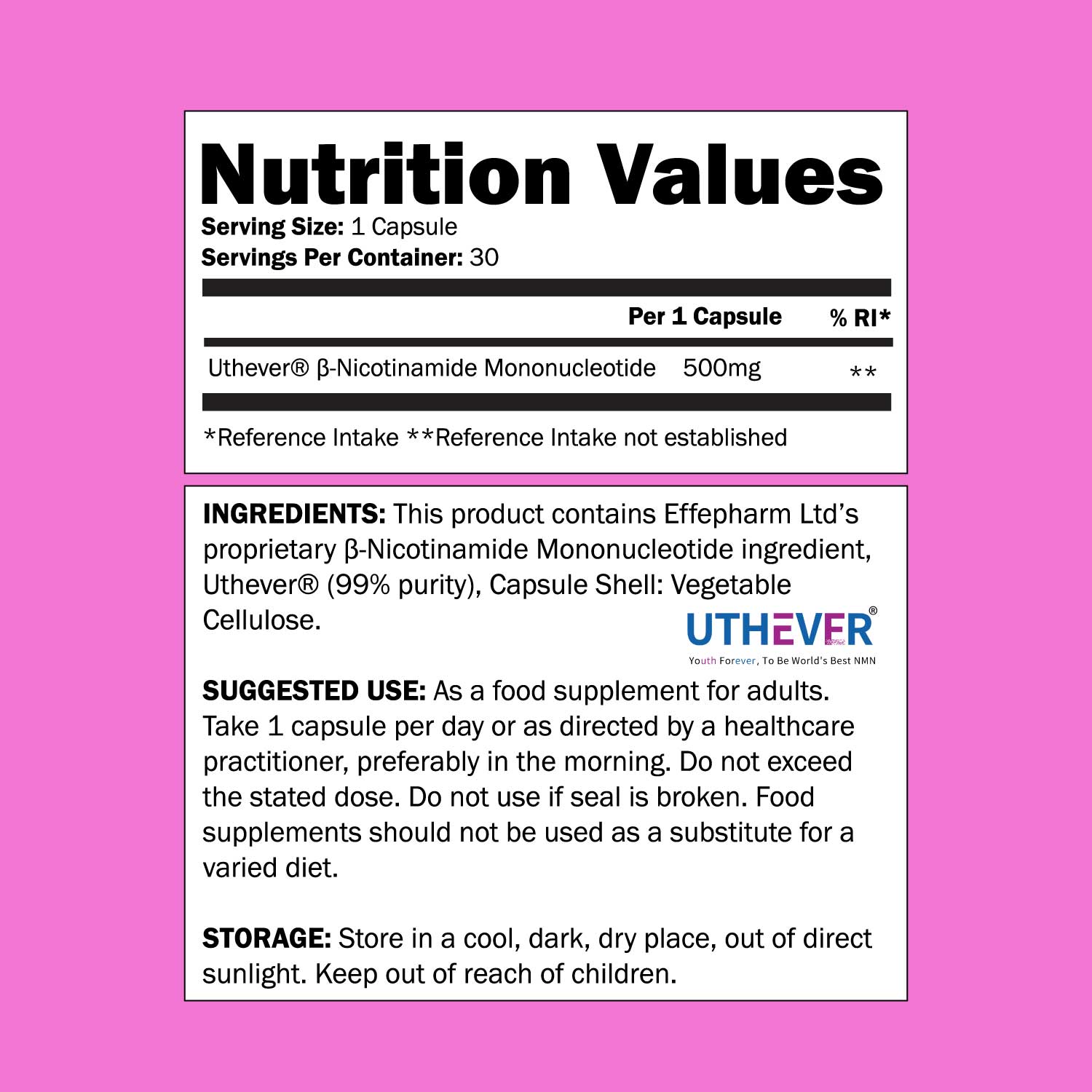
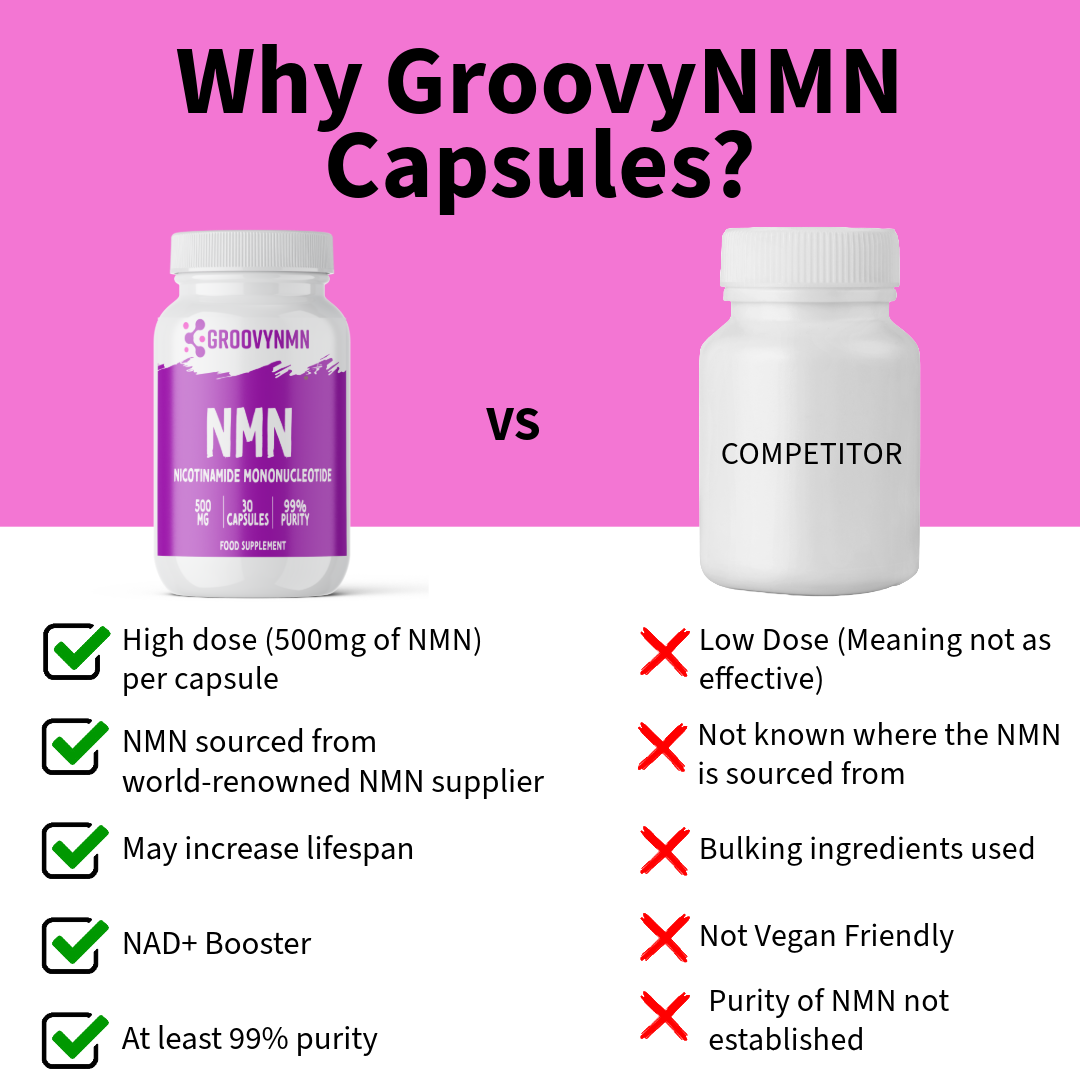
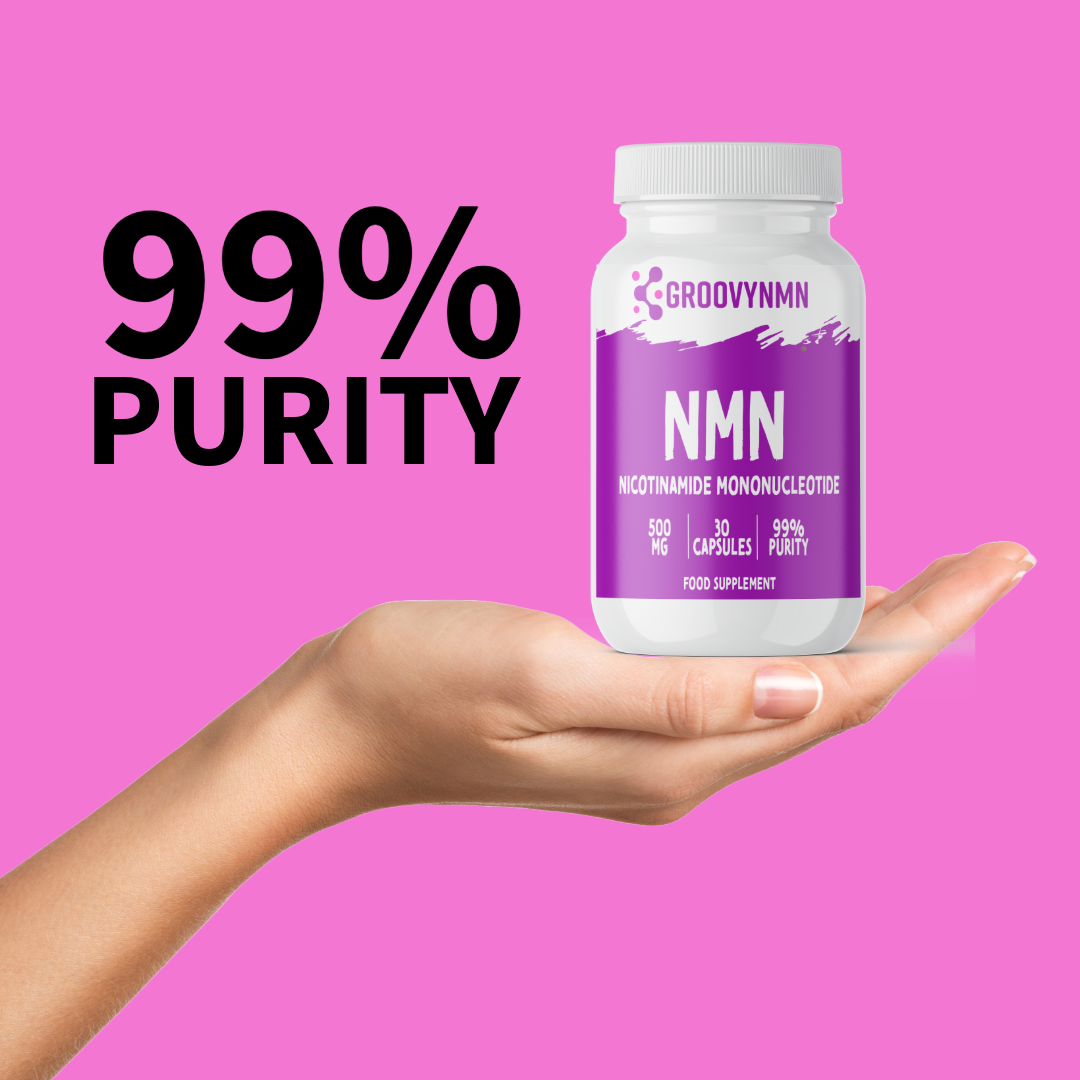
Leave a comment
This site is protected by hCaptcha and the hCaptcha Privacy Policy and Terms of Service apply.